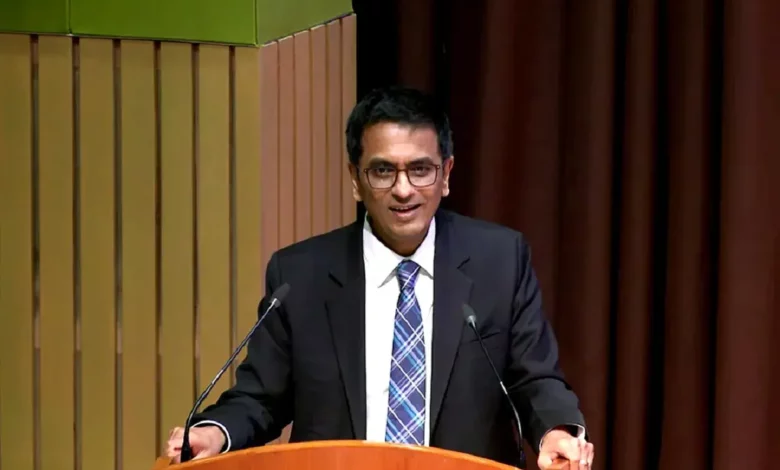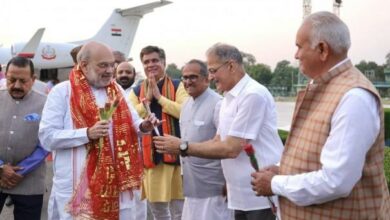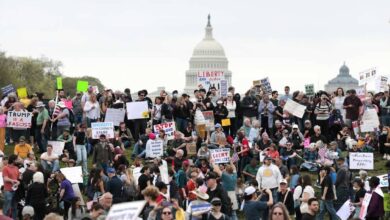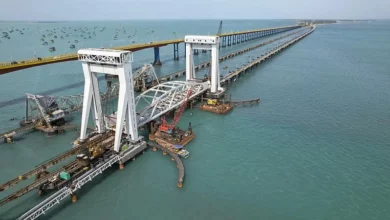
The controversy over the vacation schedule of the Supreme Court is “completely unfounded”, former CJI Dhananjaya Y Chandrachud has insisted, saying judges are committed to work “24/7, 365 days”. Speaking exclusively , Justice Chandrachud pointed out that as far as working days are concerned, the Supreme Court is among the best courts in the world.
Justice Chandrachud explained that judges in many countries go on long vacations after a week of hearings to write judgments. This is in complete contrast to the Indian scenario, where the debate on the vacation of the court has been raised several times. In 2022, former Union Law Minister Kiren Rijiju raised a concern in Parliament about the public feeling on the long vacations, saying it was his duty to convey the feelings to the judiciary.
On the need for more awareness over the vacationing practice of the court, Justice Chandrachud said, “Even during summer vacation, the court works on a curtailed basis and is not closed.” He added that criticism of excessive vacations is uncalled for. “The truth is that judges work around the clock.”
Reflecting on the personal cost of life on the bench, Justice Chandrachud said the job often comes at the cost of time with family. As he winds up his tenure as the 50th CJI on November 10, he hopes to make up for lost time.
In a written response to the Rajya Sabha in February 2023, Rijiju said that the Supreme Court normally works for approximately 222 days in a year. He referred to the Supreme Court Rules of 2013, which put the cap on summer vacations at seven weeks and limit total holidays to 103 days, excluding Sundays and court holidays.
In contrast, High Courts generally work around 210 days annually, according to a 2011 statement from the Ministry of Law and Justice. However, there is no central record of how many days lower courts work.
Justice Chandrachud emphasized that Supreme Court judges work throughout the week, including weekends, which are often spent preparing for upcoming cases or delivering pending judgments. He clarified that the so-called summer vacation is not a true break, as it often involves handling critical constitutional cases and important legal questions.
He further said that even when the judges go on tours, they continue discharging professional duties by way of delivering lectures to law students or holding legal aid camps. This shows that judges do not have unlimited hours of leisure and thus proved wrong the impression that they lead comfortable lives during their holidays.
Former CJI N V Ramana and other judges have also similarly remarked on the misconceptions surrounding judicial vacations, underlining the commitment that is needed in their posts.



